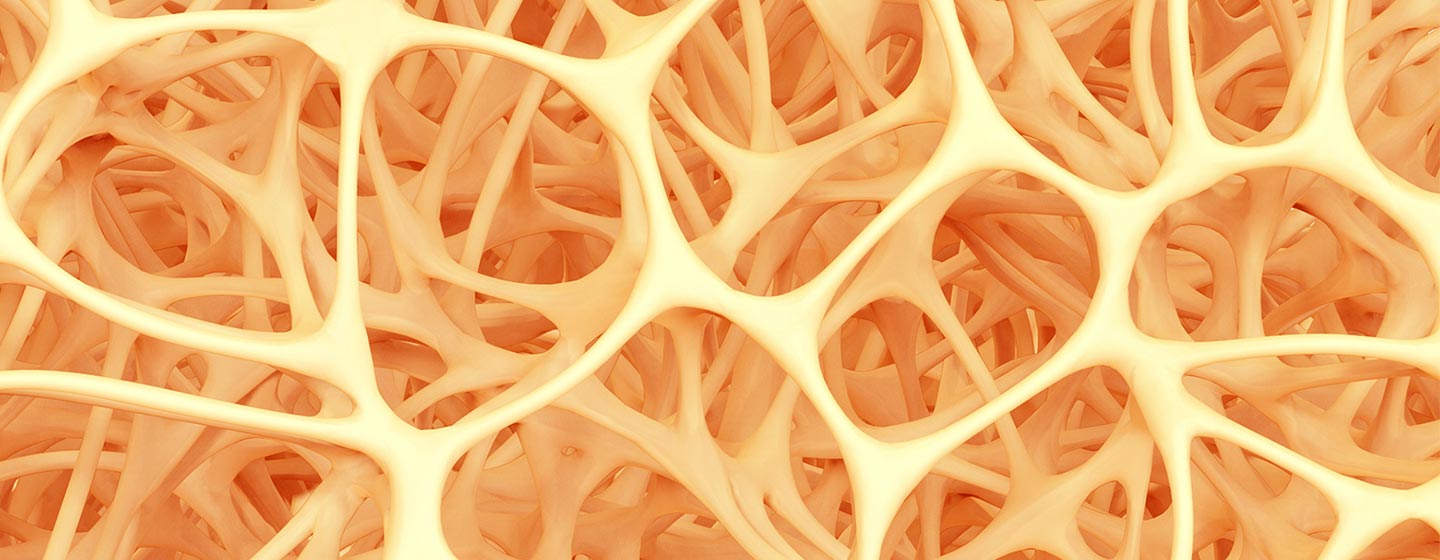Potential Root Cause of Depression Discovered by NARSAD Grantee
Potential Root Cause of Depression Discovered by NARSAD Grantee

From The Quarterly, Spring 2013
Marina Picciotto, Ph.D., leading a team of researchers at Yale University, has made an exciting discovery in the search for the biological causes of depression and anxiety. Their discovery points to the importance of a signaling system in the brain that was not previously believed to be central in causing depression.
For decades, many scientists have favored a theory of depression that stresses the impact of abnormally low levels of a signal-carrying chemical, called serotonin. The new research by Dr. Picciotto’s team shifts attention to a different signaling chemical, or neurotransmitter, called acetylcholine.
Millions of depressed people take anti-depressant drugs called SSRIs—an acronym for selective serotonin re-uptake inhibitors. Prozac®, Paxil®, Celexa®, Zoloft® and other SSRI medications act to keep message-carrying serotonin molecules from being rapidly reabsorbed by nerve cells. By allowing serotonin to float for longer periods of time in the tiny spaces between nerve cells, called synapses, scientists have theorized the SSRI drugs promote signaling by compensating for abnormally low serotonin levels.
Dr. Picciotto’s new research, published in Proceedings of the National Academy of Sciences in February, turns attention to fluctuations in levels of the neurotransmitter acetylcholine and the larger chemical signaling system it is part of, called the cholinergic system.
“Serotonin may be treating the problem,” Dr. Picciotto says, “but acetylcholine disruption may be a primary cause of depression. If we can treat the root cause, perhaps we can get a better response from the patient.”
Her team’s experiments demonstrate that abnormally high levels of acetylcholine in the brain can cause depression and anxiety symptoms in mice. In the brains of non-depressed mice—and people—an enzyme called acetyl- cholinesterase (AChE) is produced to lower acetylcholine levels. The team showed that when depressed mice were given Prozac®, AChE levels were raised, and abnormally high levels of acetylcholine were thus brought under control. This adds a new dimension to understanding how and why SSRI anti-depressants can alleviate depression.
Yet many depressed people do not get a therapeutic benefit from Prozac® or other SSRI medications. Dr. Picciotto’s research suggests this may be because the root problem is not, after all, low levels of serotonin, but rather, high levels of acetylcholine. By experimentally blocking the “ports,” called receptors, where acetylcholine molecules “dock” with nerve cells in the brain, the team was able to reverse depression in mice.
In still other experiments, the Yale team showed how interruptions in acetylcholine signaling in the brain area called the hippocampus—important in memory and mood—promotes depression and anxiety in mice.
While the relation between the serotonin and acetylcholine signaling systems is not yet fully clear, this new research opens a new possibility to treat the cause of depression and not just its symptoms. With the new hypothesis that it is the disruption of acetylcholine, and not serotonin, that sets depression in motion, further research studies can be undertaken to determine if medications that target acetylcholine rather than serotonin, are more effective in treating depression.
Marina Picciotto, Ph.D.
Charles B. G. Murphy Professor of Psychiatry,
Professor of Neurobiology and Pharmacology,
Assistant Chair for Basic Science Research, Psychiatry,
Yale University;
1996 NARSAD Young Investigator Grantee,
2004 NARSAD Independent Investigator Grantee



